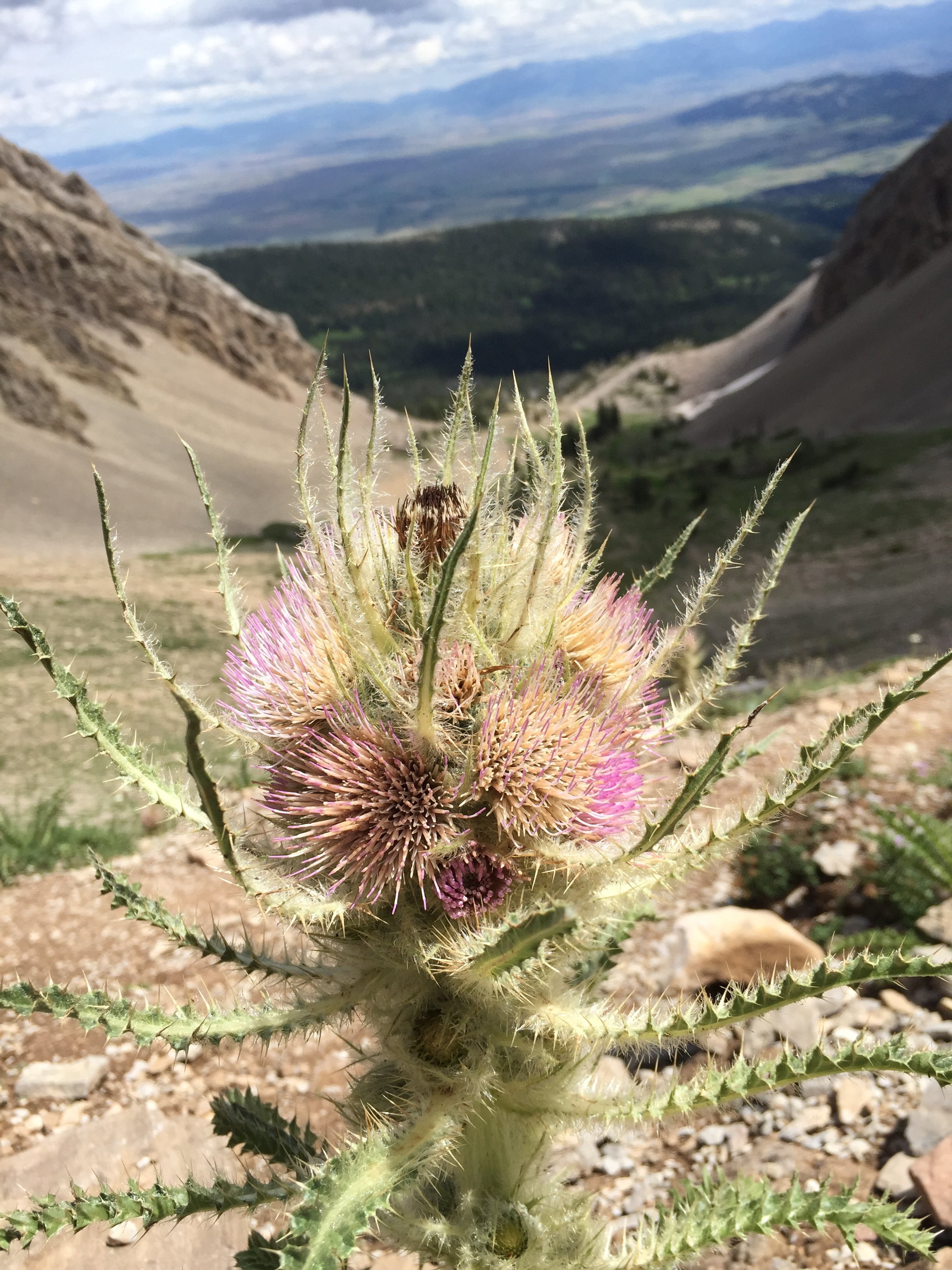Mortality, Suffering, and Padre Pio (Part 1)
Suffering may be one of the biggest reasons why mortality is so feared. The problem of suffering is an amazingly complex topic, one that could fill a hundred blog posts, and one that this post is not intended to solve. Suffice it to say that suffering is part of the human condition. Some of our suffering is certainly self-inflicted or caused by others, but much of the suffering in life cannot be attributed to anything or anyone. It just happens. What did I do to deserve this cancer, and all the physical, mental, and existential suffering that comes with it? Likely nothing. Why was I the one to get this lung cancer, when my neighbor has smoked like a chimney his whole life, and I have never taken so much as a puff? Who knows…cancer and other debilitating chronic diseases are oftentimes just bad luck.
So if we can’t avoid it, and have no control over the “why,” then how can we approach suffering for our betterment? To find some value in it rather than meaninglessness, to help us bear it better, and to help us ease the fear of mortality. Well, firstly there are the practical points. Modern medicine has many treatments and services and even entire medical specialties (pain specialists, therapists, palliative care, hospice, to name a few) devoted to help relieve suffering. In fact, perhaps the most basic goal of all of medicine is to relieve or prevent suffering as much as possible. With the help of these experts and their effective tools, a good deal of the suffering that we may experience, especially towards the end of life, can be alleviated. But as with all things in medicine, we reach a point where our best efforts can never completely relieve suffering. And that is where the spiritual comes into play.
Today is the feast day honoring the death of one of the greatest and most famous saints of the twentieth century, Padre Pio. Padre Pio was a monk who followed the tradition of St. Francis of Assisi, and lived his whole life in rural Italy until his passing in 1968. Despite being a simple humble man who never left the region of his birth, and no social media to spread his image, his influence on the whole world was enormous, with countless visitors to his monastery during his life and many millions of visitors every year to his grave in death. There are many remarkable attributes and stories of this simple monk, which I encourage anyone (whether religious or not) to explore, especially those curious about the mystery and wonder that accompany the limits of science and medicine.
Padre Pio had a deeply mystical character and numerous miracles were attributed to him during his life and after his death (including some experienced by non-religious persons). He also possessed many strange abilities that might be brushed off as fabrication, if not for the fact that these were witnessed by great numbers of people from all over the world, both religious and secular, including physicians, military personnel, and leaders. Padre Pio reportedly had the ability to levitate, and a number of American air force pilots attested to seeing a “flying monk” prevent their planes from bombing Padre Pio’s town during World War II. He was able to bilocate, or be present in two places at the same time (verified by witnesses at both locations). He also had the gifts of knowledge and reading of souls, meaning that he could tell what was in a person’s “heart and mind” without the person having revealing anything to him. He spent most of his life using these gifts to provide spiritual counseling and reconciliation to people from all over the world who came to see him. This can all be hard to believe, let alone understand. But remember that this is all happening in modern times during the same era when humans were travelling to the moon, developing antibiotics and vaccines, and inventing the computer, not in some ancient time where we could write this off as superstition or ignorance.
After this introduction to such a remarkable man, what does Padre Pio have to do with suffering and what can we learn from this in our exploration of mortality? As it turns out, perhaps the most remarkable thing about Padre Pio was the intense suffering (both physical and psychological) that he experienced during his entire life, and what he did with this suffering for the betterment of mankind. We’ll discuss this more in the next post. St. Padre Pio pray for us!
